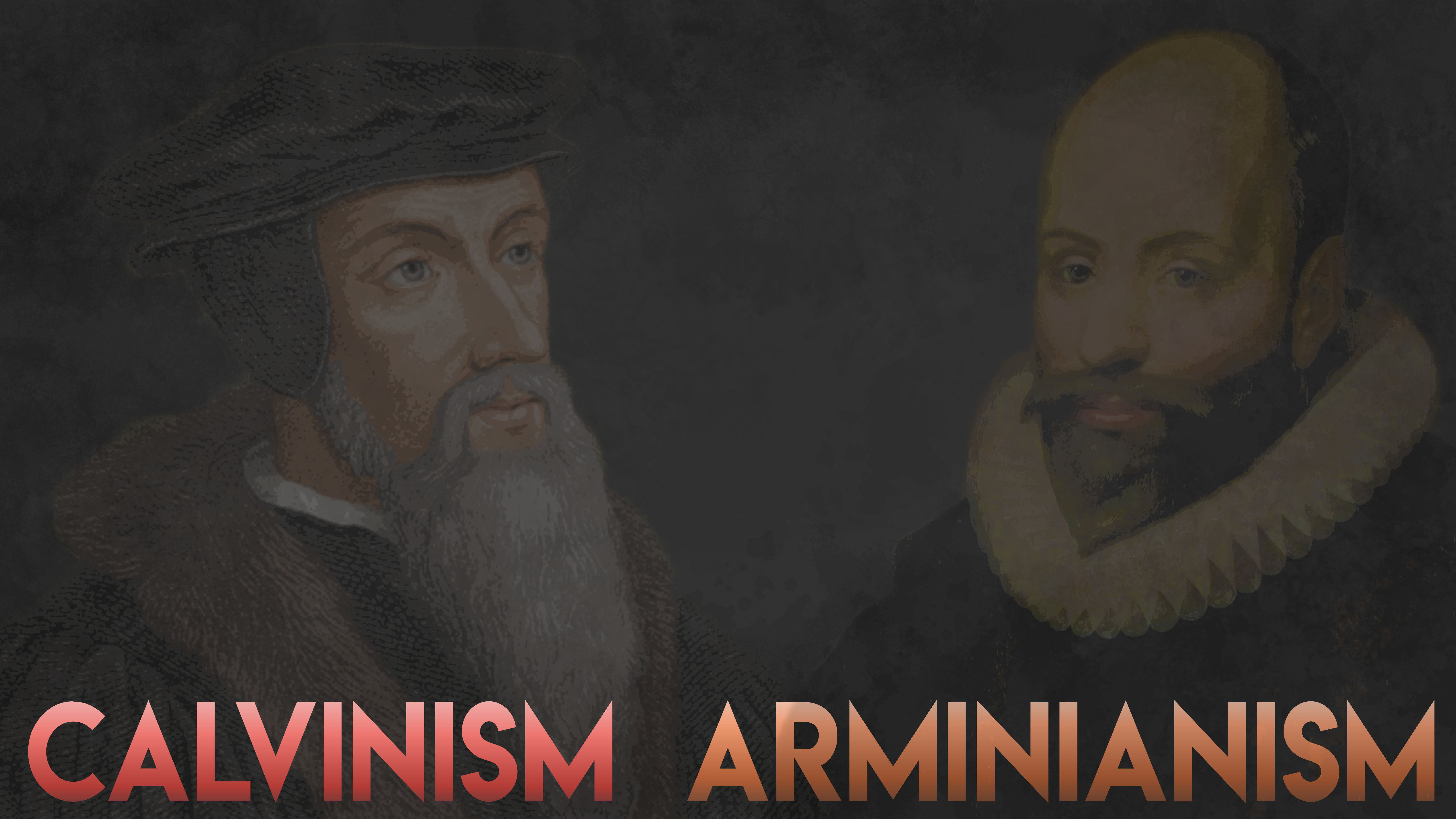Now available in a French Translation!
 At the heart of the Calvinist-Arminian debate is the question of how it is that humans come into a relationship with Christ. Is it through our freewill or God’s selection? Arminians claim that we decide to come to Christ through our freewill, while Calvinists will often ask, “Do you think that God was the one who was lost, and you found Him?” But how does this fit with the notion that “none seek for God” (Rom. 3:11). Moreover, how does this fit with the biblical teaching that humans are the lost sheep (Jer. 50:6) who need to be found by Christ—the good shepherd (Lk. 15:3-7; 19:10; Jn. 10:11)? Calvinist J.I. Packer writes,
At the heart of the Calvinist-Arminian debate is the question of how it is that humans come into a relationship with Christ. Is it through our freewill or God’s selection? Arminians claim that we decide to come to Christ through our freewill, while Calvinists will often ask, “Do you think that God was the one who was lost, and you found Him?” But how does this fit with the notion that “none seek for God” (Rom. 3:11). Moreover, how does this fit with the biblical teaching that humans are the lost sheep (Jer. 50:6) who need to be found by Christ—the good shepherd (Lk. 15:3-7; 19:10; Jn. 10:11)? Calvinist J.I. Packer writes,
The difference between them [Arminianism and Calvinism] is not primarily one of emphasis, but of content. One proclaims a God who saves; the other speaks of a God who enables man to save himself.[1]
Our understanding of this subject will affect a number of areas in our theology. It pervades our understanding of the problem of evil, God’s sovereignty, freewill, hell, total depravity, and hermeneutics. Moreover, while we might wish to disregard this subject as abstract theology, this simply isn’t an option. The subject is unavoidable when reading our Bibles and working with new Christians or non-Christians. What does the Bible mean when it uses the language of “predestination,” “election,” and being “chosen”? Let’s consider two differing perspectives.
 Articles on Calvinism
Articles on Calvinism
The Case for Calvinism What is the starting place for Calvinism?
TULIP The T.U.L.I.P. acronym explains the differences between Calvinism and Arminianism.
Biblical Defense of Arminianism In this article, we make a hermeneutical case for a moderate Arminian view. We give hermeneutical principles for interpreting disputed passages and interpret many of these passages.
Philosophical Defense of Arminianism Here we offer a philosophical critique of Calvinism and respond to common Calvinist objections to Arminian theology.
Limited Atonement: A Critique Did Christ die for the entire world, or just the elect? We feel that many passages support the doctrine of unlimited atonement.
If we are able to exercise faith in the gospel, then aren’t we saving ourselves?
How can God know the future unless he causes the future?
Conclusions regarding Calvinism We offer some concluding concepts regarding this debate, including some of the positive components of Calvinism from our view.
Further Reading for Calvinism-Arminianism We give a list of books and websites from both an Arminian and Calvinist perspective.
[1] J.I. Packer’s introduction to John Owen’s The Death of Death in the Death of Christ. Cited in Olson, Roger E. Against Calvinism. Grand Rapids, MI: Zondervan, 2011. 142.
